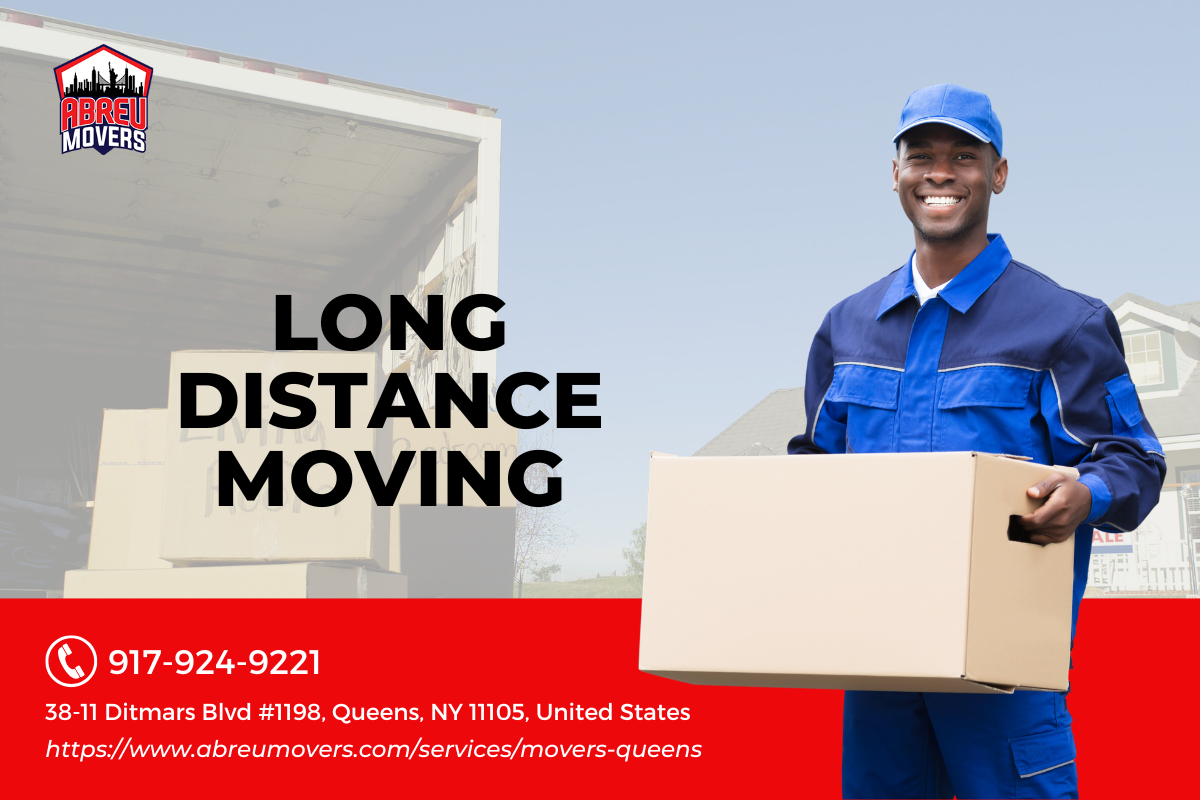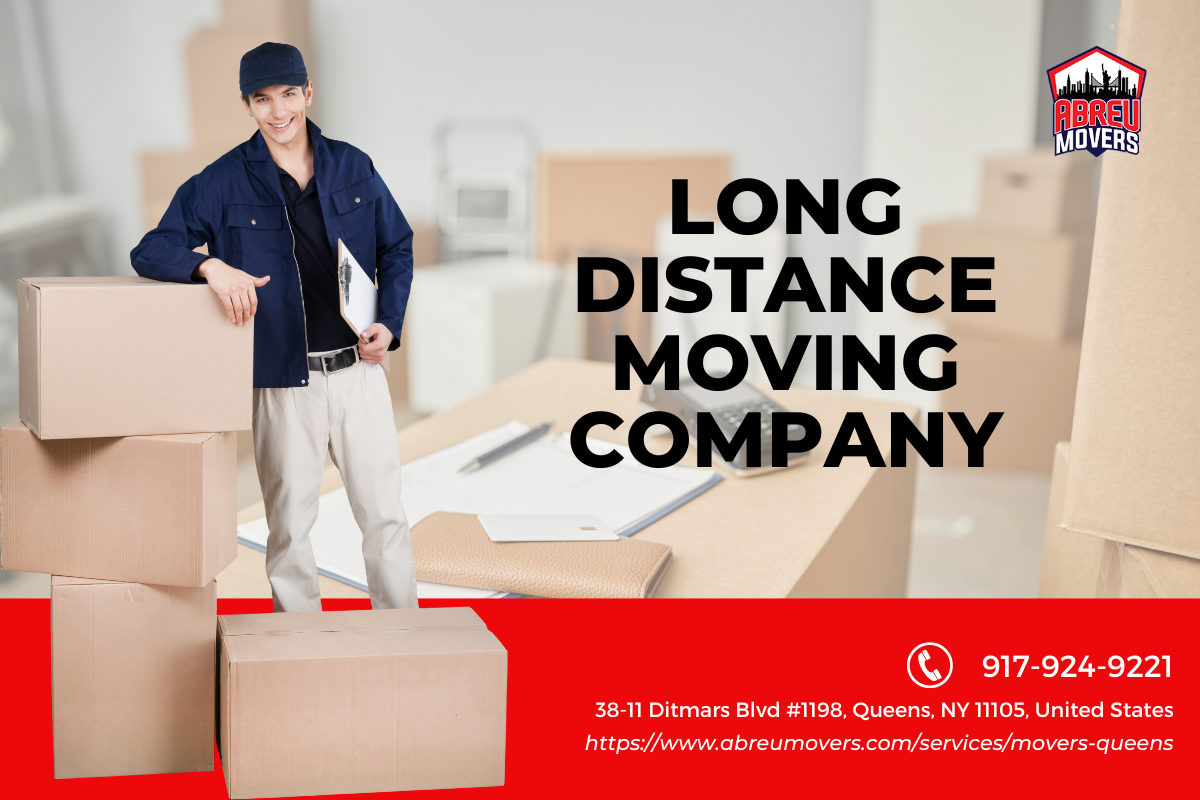


Introduction
Moving across state lines can be a daunting task, filled with excitement for a new beginning but also anxiety over logistics. Whether you’re relocating for work, family, or simply a change of scenery, understanding the ins and outs of long-distance moving is crucial. Navigating through the complexities of interstate relocations requires careful planning and execution to ensure a seamless transition. In this article, we will delve deep into everything you need to know about moving across state lines, from hiring long distance movers to understanding the regulations involved in cross country moves.
Moving Across State Lines? Here’s What You Should Know
When you think about relocating, one major question arises: what do I need to consider when moving across state lines? The stakes are high when it comes to logistics, costs, and timeframes associated with long distance moves. The process is not just about packing up your belongings; it involves critical planning that can save you a lot of headaches down the road.
Understanding Long-Distance Moving
Long-distance moving refers to relocating your belongings over a distance exceeding 100 miles. This typically involves crossing state lines and may require special services from long distance moving companies.
- What Makes Long-Distance Moves Different? The logistics are more complex compared to local moves. Regulations may vary by state. Different cost structures apply due to the longer distances involved.
Choosing the Right Long Distance Movers
Selecting a reputable long distance mover is perhaps one of the most significant decisions you'll make during this process. Here’s what you should look for:
- Experience: Opt for companies that have been in business for several years. Reviews: Check online reviews and testimonials. Insurance: Ensure they offer insurance options for your belongings.
Top Features of Trustworthy Long Distance Moving Companies
Transparent Pricing: Look for detailed estimates that include all potential fees. Professional Staff: Trained movers who understand how to handle items safely. Flexible Scheduling: Ability to cater to your timeline.Factors Affecting Long Distance Moving Costs
How much will it cost you to move across state lines? Several factors play into the overall expense:
Distance: The further you move, the more expensive it generally becomes. Weight of Your Belongings: Heavier loads increase transport costs. Time of Year: Peak moving season (typically summer) can result in higher rates.Cost Breakdown Table
| Factor | Estimated Cost | |---------------------------|----------------------------| | Base Rate per Mile | $0.50 - $1.00 | | Weight Charges | $0.20 per pound | | Additional Services | $100 - $500+ (packing, storage) |
Preparing for Your Move
Preparation is key when you're moving across state lines. Below are some essential steps you should take:
Decluttering Before Packing
Before packing begins, evaluate what you truly need:
- Donate items you no longer use. Sell valuable items through garage sales or online platforms.
Creating an Inventory List
An inventory list helps keep https://posts.gle/6FcLCTgVoyQxtkci9 track of all your belongings:
- Use apps or spreadsheets to categorize your items. Mark valuable items separately for insurance purposes.
Getting Quotes from Long Distance Moving Companies
Once you've narrowed down potential movers, obtaining quotes is crucial:
- Request at least three quotes from different companies. Ensure these quotes include all fees and services offered.
What Questions Should You Ask When Getting Quotes?
What is included in the price? Are there any hidden charges? Do they have experience with interstate moves?Understanding Regulations for Interstate Moves
Interstate moving companies must comply with federal regulations:
- Licensing requirements vary by company type and size. Consumer protection laws govern how movers operate.
Licensing Requirements Table
| Type of License | Description | |---------------------------|--------------------------------------------------| | FMCSA Registration | Required for all interstate moving companies | | DOT Number | Unique identifier issued by Department of Transportation |
Packing Tips for Long Distance Moves
Packing efficiently can save both time and money:
- Use sturdy boxes and packing materials. Label boxes clearly so unpacking goes smoothly.
Essential Packing Supplies Checklist
Boxes (various sizes) Bubble wrap Packing tape Labels/markersLong Distance Moving Insurance Options
When engaging a long distance moving company, consider their insurance offerings:
- Basic coverage may only cover a fraction of your item's value.
Types of Insurance Offered by Movers
Full Value Protection Released Value Protection Third-party insurance optionsLoading and Unloading Tips for Interstate Moves
The loading process sets the stage for transporting your belongings safely:
- Heavier items should be placed at the bottom.
Best Practices During Loading and Unloading
Create an organized loading plan based on item weight and fragility. Use blankets or pads to protect furniture during transport.Cross Country Movers vs Local Movers: What's Best for You?
Understanding what type of mover best suits your needs can save time:
- Cross country movers specialize in long distances while local movers focus on shorter distances.
FAQs About Moving Across State Lines
1. What do I need before I hire long distance movers?
Before hiring long distance movers, ensure you have an inventory list ready and budget in mind along with questions regarding costs and services.
2. How do I find reliable interstate moving companies?
You can find reliable interstate moving companies by reading reviews online, asking friends or family for recommendations, and checking their FMCSA registration status.
3. Are there any hidden fees when hiring a mover?
Some common hidden fees might include fuel surcharges or additional charges for stairs or elevators; always ask upfront about potential extra costs.
4. How far in advance should I book my move?
It’s usually advisable to book your move at least two months in advance especially during peak seasons like summer when demand is high.
5. Can I pack my own things when using professional movers?
Yes! You have the option either to pack yourself or have professionals assist; however, packing yourself may reduce overall costs but requires effort on your part.
6. What if something gets damaged during transit?
If damage occurs during transit under full value protection coverage, you'll be compensated based on its current market value or replacement cost depending on what's agreed upon beforehand.
Conclusion
Moving across state lines presents unique challenges but also incredible opportunities for new beginnings! By carefully selecting reputable long-distance movers and preparing adequately through steps such as decluttering effectively—you're paving the way toward an easier relocation experience! Remember that every detail counts—from packing efficiently down through ensuring proper licensing compliance—each plays its role in making sure nothing falls through cracks during this important life transition!
Whether you're looking into hiring queens long distance moving company services tailored specifically around New York area relocations or researching various interstate moving companies nationwide—knowledge stands out as key asset throughout entire journey ahead! Happy relocating!